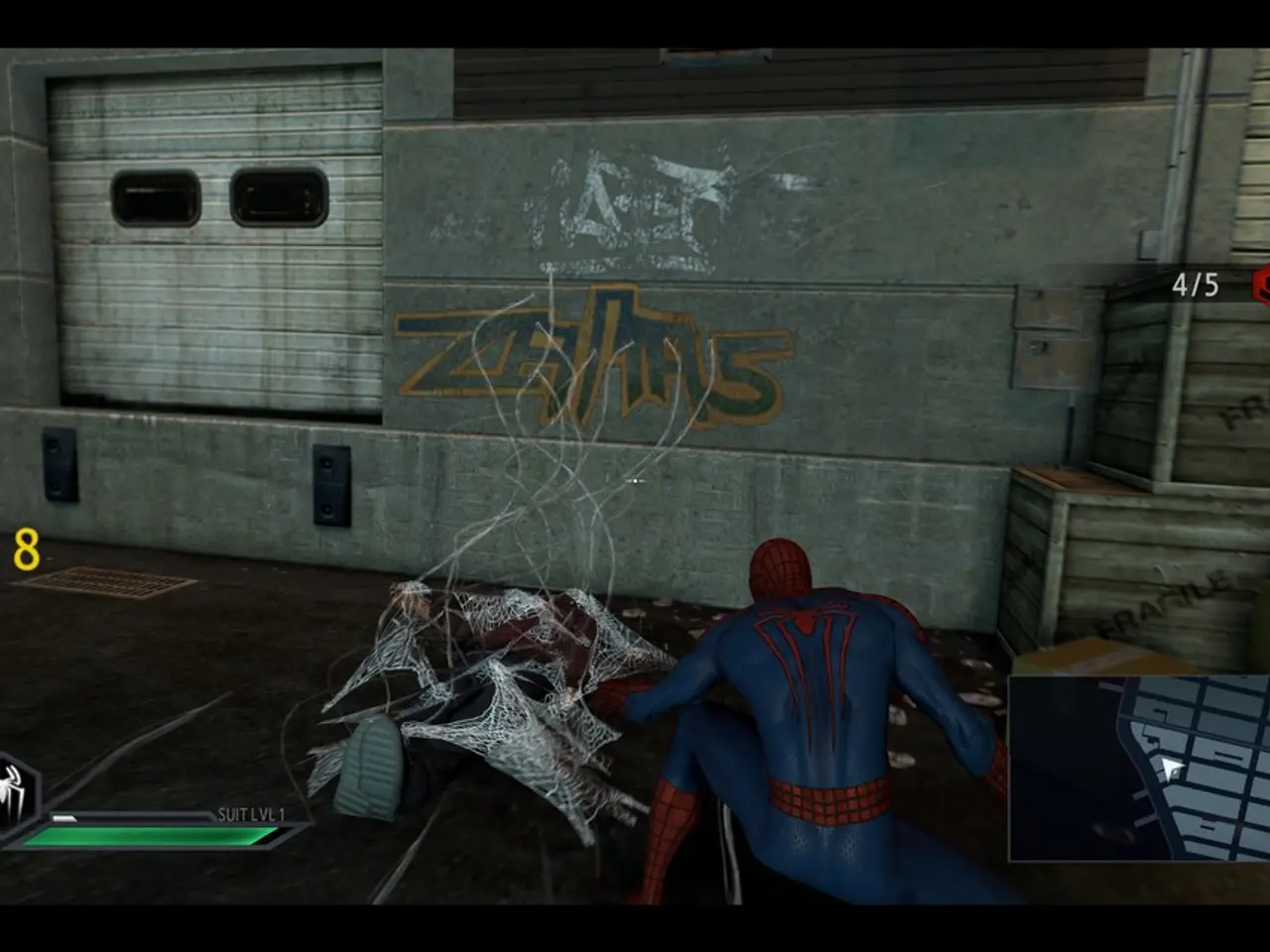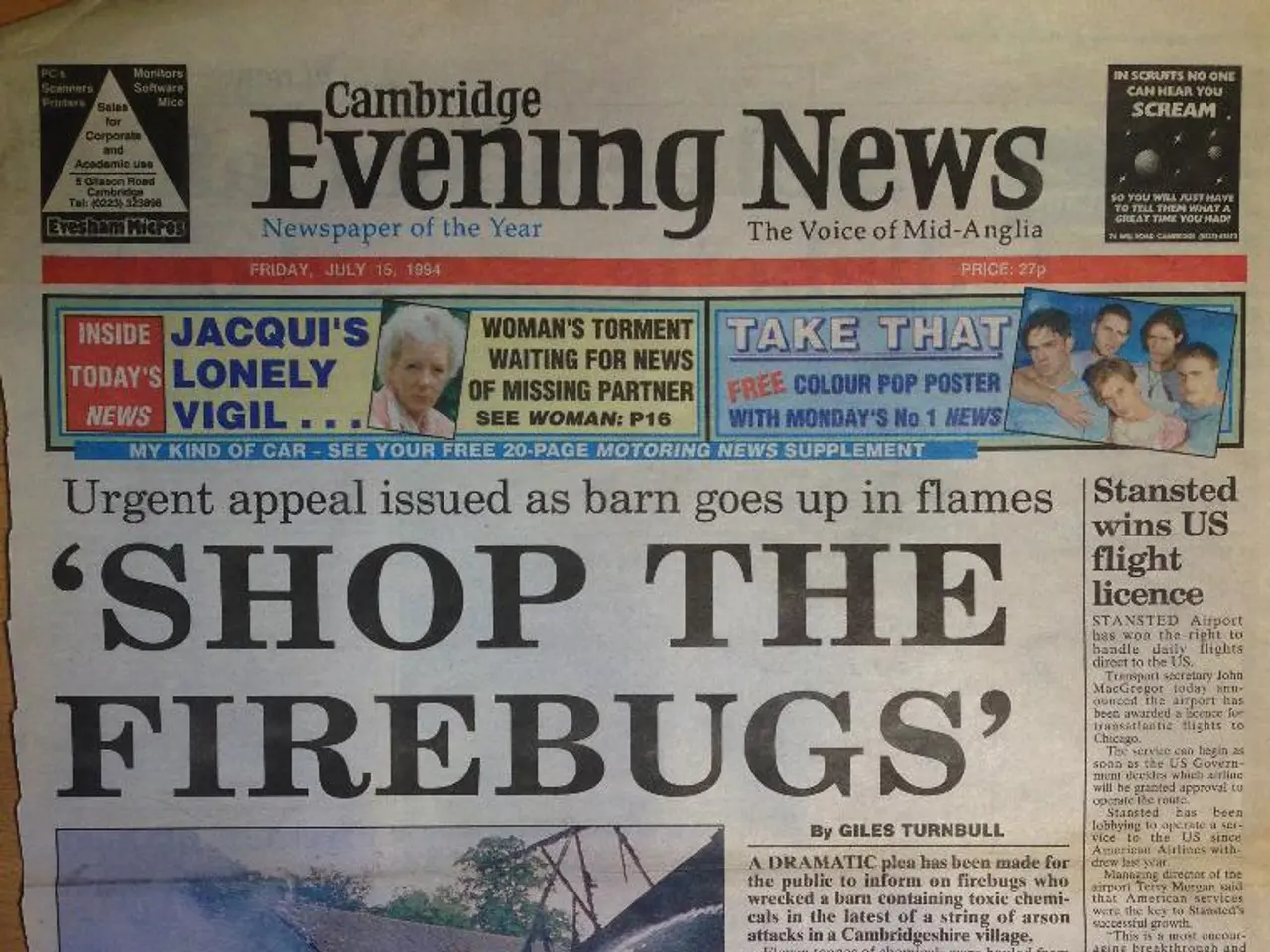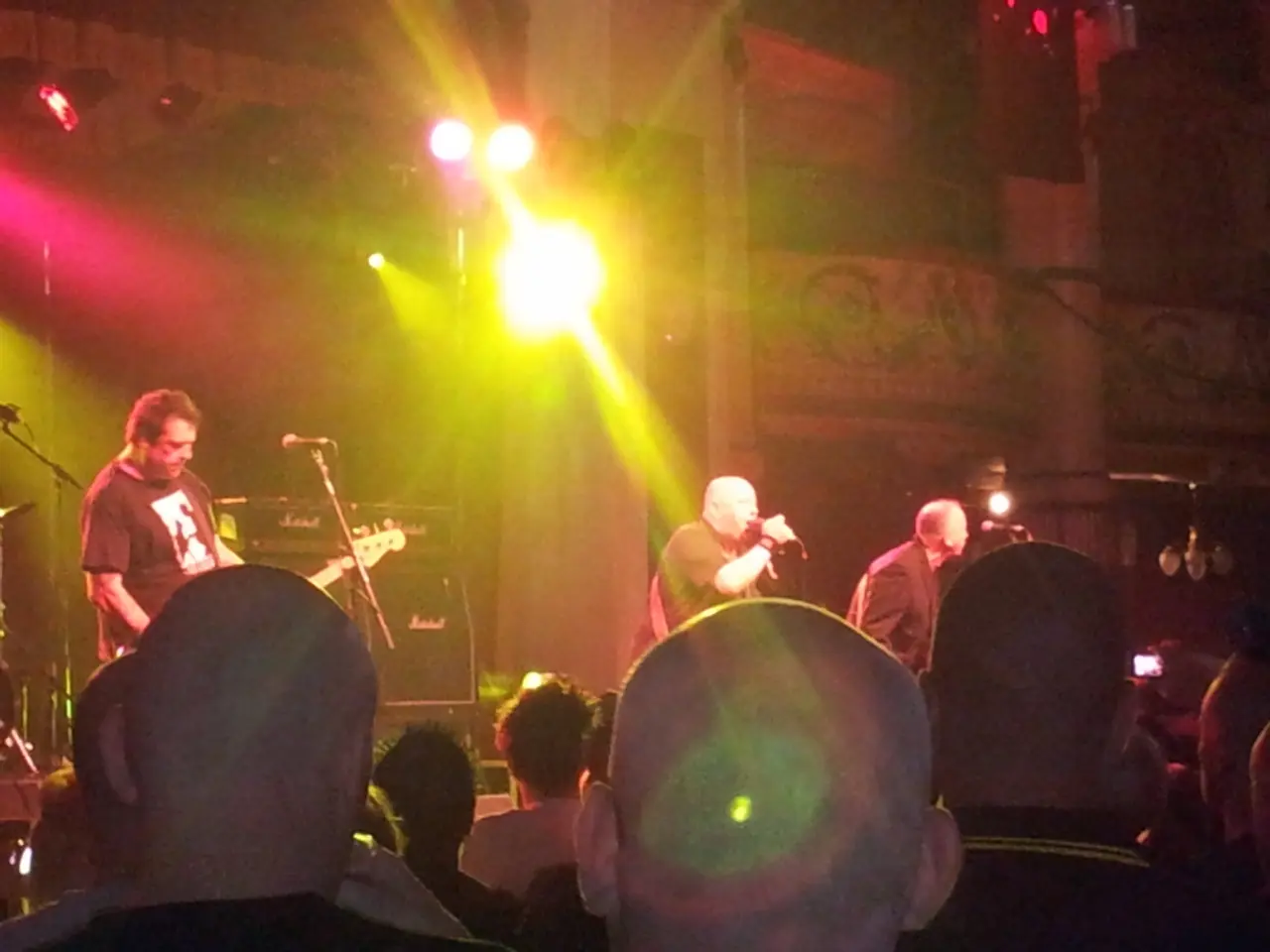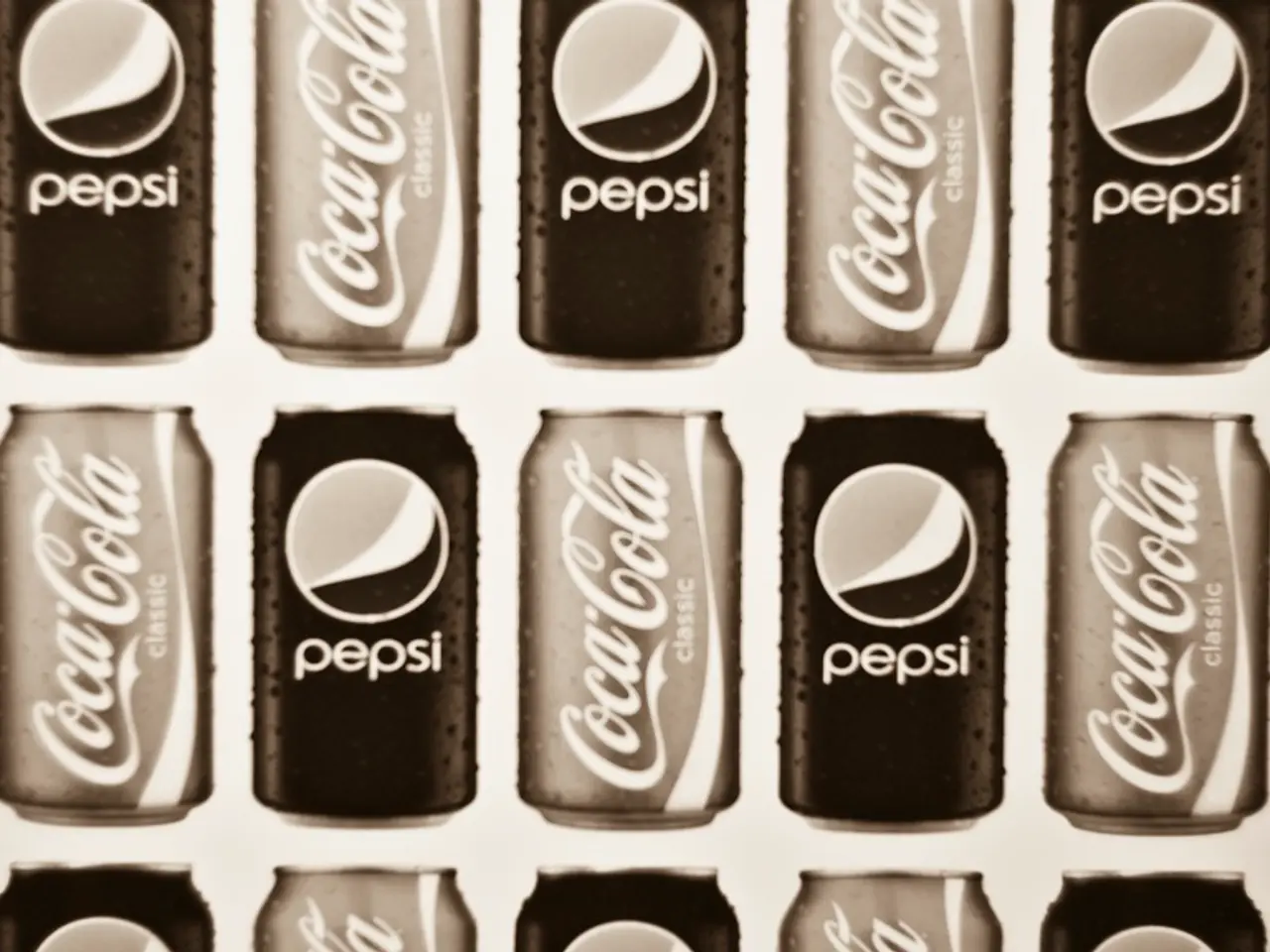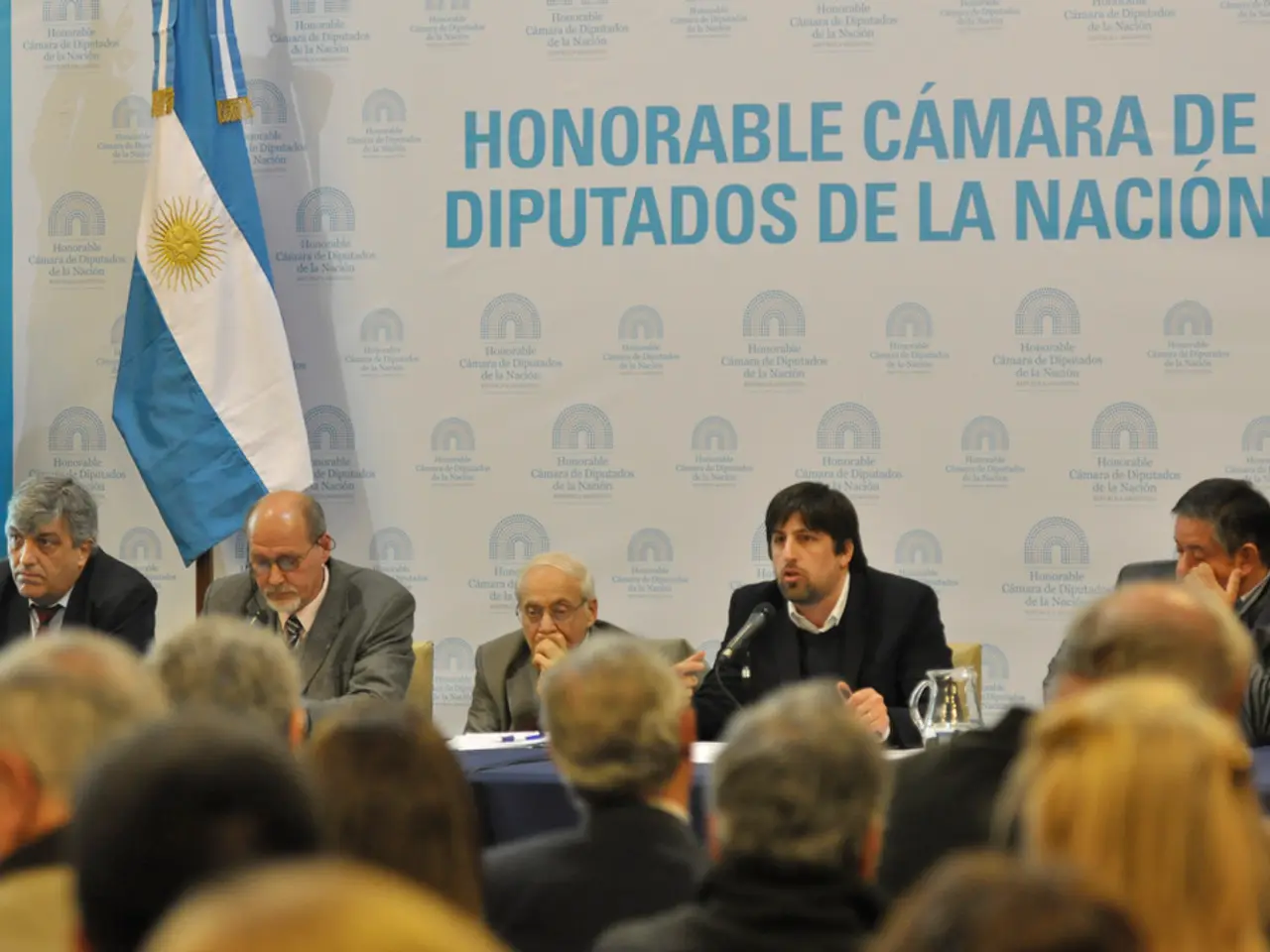Trump calls for legal action against Beyoncé
In the midst of the 2024 U.S. presidential campaign, former President Donald Trump has accused Kamala Harris's campaign of illegally paying celebrities for endorsements. This allegation, which has sparked a heated debate, comes amidst a series of exchanges between Trump and various artists.
Trump has questioned the legality of payment made to artists such as Bruce Springsteen for their performances during Harris' campaign, and to celebrities like Beyoncé, Oprah Winfrey, and others for their endorsements of Harris. He has demanded that Beyoncé be prosecuted for campaigning for Harris, arguing that such payments violate campaign finance laws.
However, it is important to note that in the United States, paying celebrities directly for endorsements is prohibited under federal and state campaign finance laws. While campaigns may legally spend money on legitimate event expenses or production costs involving celebrities, direct payments specifically for endorsements are not permissible.
This principle was highlighted during the 2024 U.S. presidential campaign. Trump's accusations have brought attention to the delicate balance between celebrity influence in politics and the regulatory frameworks designed to maintain lawful, transparent campaigning.
The controversy around these payments has emphasized the need for transparency and adherence to campaign finance laws. Campaign-related expenditures involving celebrities typically must be disclosed and justifiable as bona fide campaign expenses, such as event appearances or production costs. Paying directly for an endorsement, however, is not legally permissible because it could circumvent transparency and contribution limits designed to ensure fairness in elections.
The New York Times has investigated Trump's claim that Harris spent campaign money on celebrity endorsements. Meanwhile, Trump has also called for a "major investigation" into Bruce Springsteen, alleging that he was paid by Harris for his performance during her campaign.
The debate has not been limited to political circles. Beyoncé publicly supported Harris last year and made a speech at a rally on reproductive rights. Trump spoke dismissively about Beyoncé's appearance at a Harris rally in Houston. The post drew heavy criticism and mockery online, with many posting "reality shots" of Trump on the golf course.
The controversy has also extended to the entertainment industry. White House spokesperson Taylor Rogers criticized South Park, stating that the show has no authentic or original content and its popularity continues to hit record lows. South Park creators Matt Stone and Trey Parker responded to the White House's reaction to their latest episode that mocked Trump.
In a bizarre turn of events, Trump shared a fake clip of attacking The Boss (Bruce Springsteen) with a golf ball. Numerous musicians came to Springsteen's defense, including Pearl Jam frontman Eddie Vedder and veteran rocker Neil Young.
The Trump administration is facing pressure to release the Epstein files, adding another layer of controversy to the election campaign. The issue of celebrity endorsements in politics remains a contentious topic, with both sides arguing their points and raising questions about the role of celebrities in political campaigns.
| Aspect | Law/Rule | |---------------------------|-------------------------------------------------------------------| | Paying celebrities for endorsements | Prohibited under federal and state campaign finance laws | | Paying for legitimate event costs | Allowed if properly documented and disclosed | | Consequences | Potential investigation and prosecution for illegal payments |
- Trump's accusation about the Harris campaign illegally paying celebrities for endorsements has led to a heated debate, with the former president questioning the legality of payments made to artists like Bruce Springsteen and celebrities such as Beyoncé and Oprah Winfrey.
- Unlike direct payments for endorsements, campaigns in the United States can legally spend money on legitimate event expenses or production costs involving celebrities, but only if they are properly documented and disclosed.
- To ensure fairness in elections, campaign finance laws prohibit direct payments specifically for endorsements, as such payments could potentially circumvent transparency and contribution limits.
- The controversy over celebrity endorsements in politics has extended beyond political circles, with the entertainment industry also publishing opposing views, such as White House spokesperson Taylor Rogers criticizing South Park, and musicians like Eddie Vedder and Neil Young coming to the defense of Bruce Springsteen.

